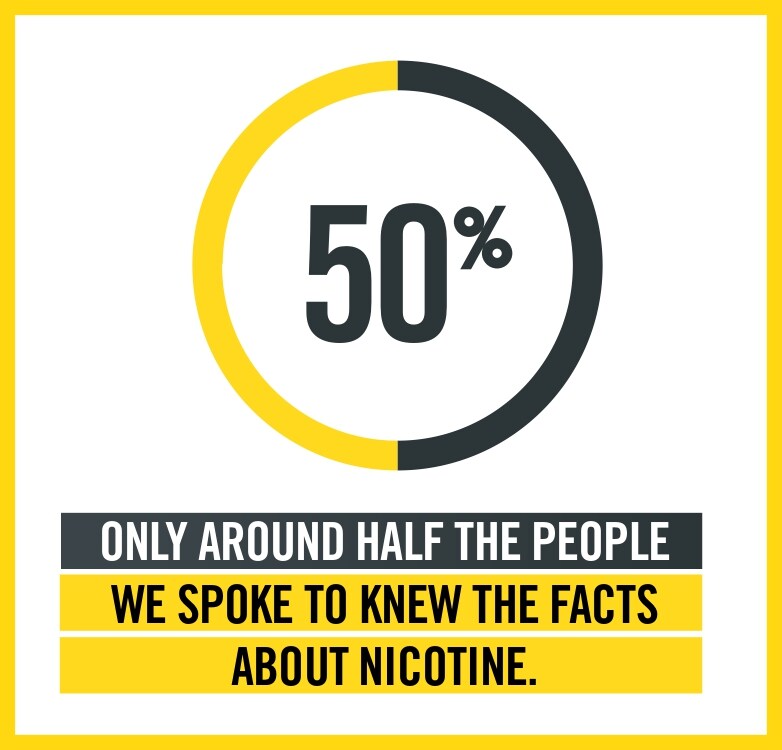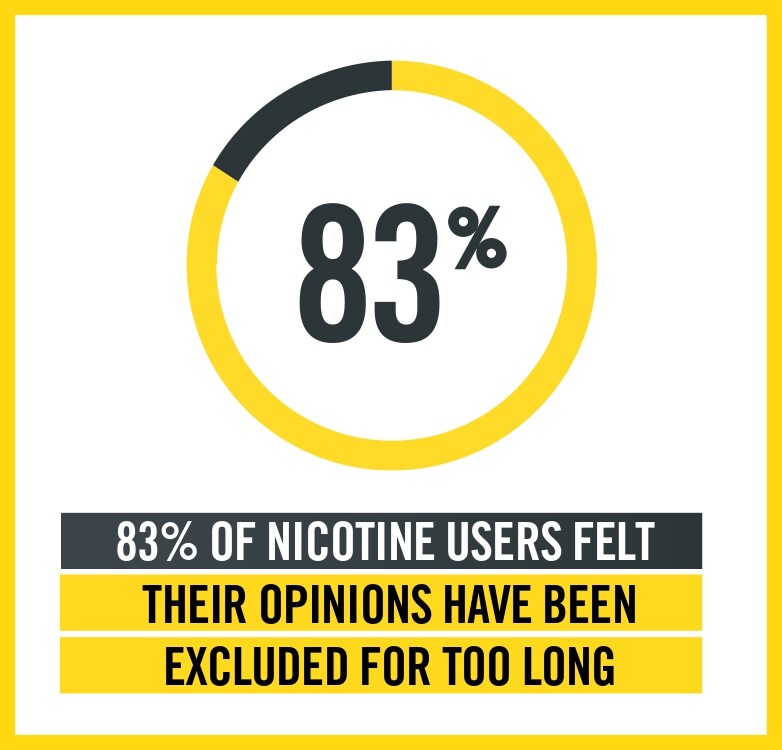Methodology
Methodology
An international survey commissioned by PMI and conducted by independent research agency Povaddo in summer 2022 reveals that the public expects disruptive innovation to address a range of global issues in the next 10–20 years, from reducing smoking rates and ensuring affordable healthcare to combating climate change. Moreover, respondents in the 14 countries surveyed believe that the needed innovations will be achieved sooner if governments and businesses work together. Significant change happens soonest when all relevant parties collaborate.
Povaddo conducted the online survey on behalf of PMI between July 19 and August 10, 2022. The survey was fielded among 17,207 general population adults aged 21 and older and a booster sample of 201 policy elites and 281 business elites in 14 countries: Argentina, Brazil, Colombia, Costa Rica, Dominican Republic, Germany, Italy, Japan, Mexico, Panama, Philippines, Sweden, United Kingdom, and United States. Approximately 1,100 interviews were collected in each country. A similar study was conducted in Saudi Arabia. Data have been weighted by age, gender, and nicotine product use per market to match national statistics. Results are accurate to a margin of error of ±1 percent.
In South Africa, a total of 2,003 interviews were conducted. The data was weighted to be representative of the online population among variables such as age, gender, region, and nicotine product usage.
These findings indicated an overwhelming desire for more balanced regulation, and access to accurate information about better alternatives for adults who would otherwise continue smoking.

We know that quitting tobacco and nicotine altogether is always the best choice any adult smoker can make. But those who don’t should at least have [the option] [access to the right information] to consider scientifically substantiated alternatives. These alternatives are not risk-free and provide nicotine, which is addictive. However, they are a much better choice than continuing smoking.
When asked about these smoke-free alternatives, a third of adult smokers claimed that confusion prevented them from making a better choice — with 4 in 10 agreeing that information provided by governments was ‘unclear or conflicting.’ When governments offer easy access to clear and factually accurate information, more people have the tools to make their own informed decisions.

More than 6,000 chemicals have been identified in cigarette smoke, approximately 100 of which are classified as harmful or potentially harmful by public health authorities. The high levels of these chemicals in the smoke of burning cigarettes is the primary cause of smoking-related diseases. Nicotine is addictive and not risk-free, but it is not – as some mistakenly believe – the primary cause of these diseases.
Only half of those we spoke to know the real facts about nicotine. This demonstrates that access to clearer information is needed so that adults who would otherwise continue smoking have the tools to consider switching to better alternatives. By eliminating combustion (and smoke as a result) scientifically substantiated smoke-free products significantly reduce the levels of harmful chemicals compared to cigarette smoke.

Overall, our survey found that 83% of nicotine users felt their opinions had been excluded for too long and a more balanced approach to regulation is needed. By failing to take public opinion on board,marginalizing nicotine users through tough regulations, the government risks alienating sections of the population.
An inclusive environment provides the means to develop and deliver solutions for everyone. In the case of tobacco harm reduction, there are opportunities to advance people-centric, scientifically substantiated approaches to accelerate the end of cigarettes.
Yet smokers are being excluded from the conversation. 79% of those we spoke to agreed that governments should consider the role better alternatives could play in making South Africa smoke-free.
Sensible regulation is needed. Regulation that understands that smoke-free alternatives in helping those adults who would otherwise continue to smoke to move away from cigarettes, while protecting youth and non-smokers.

